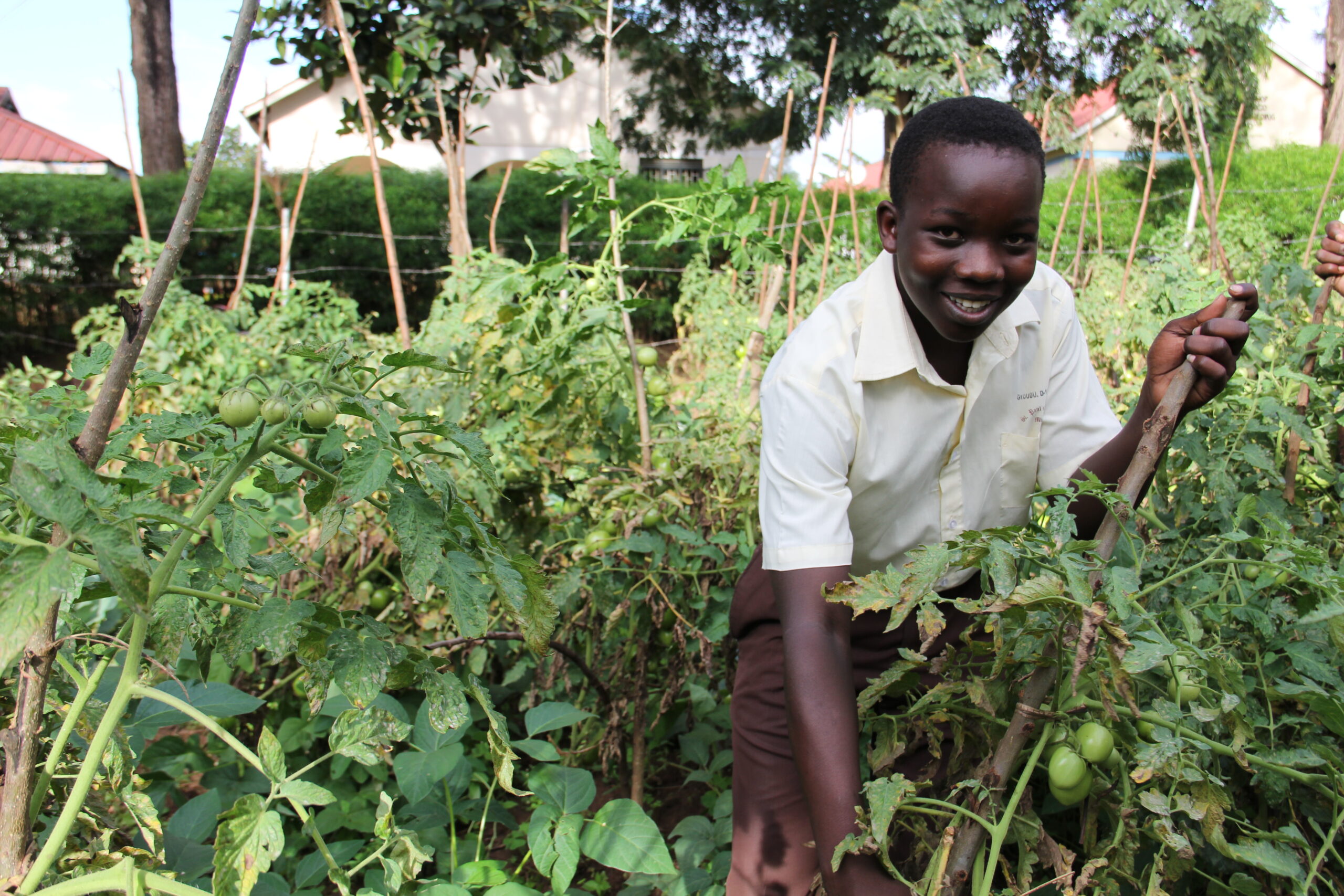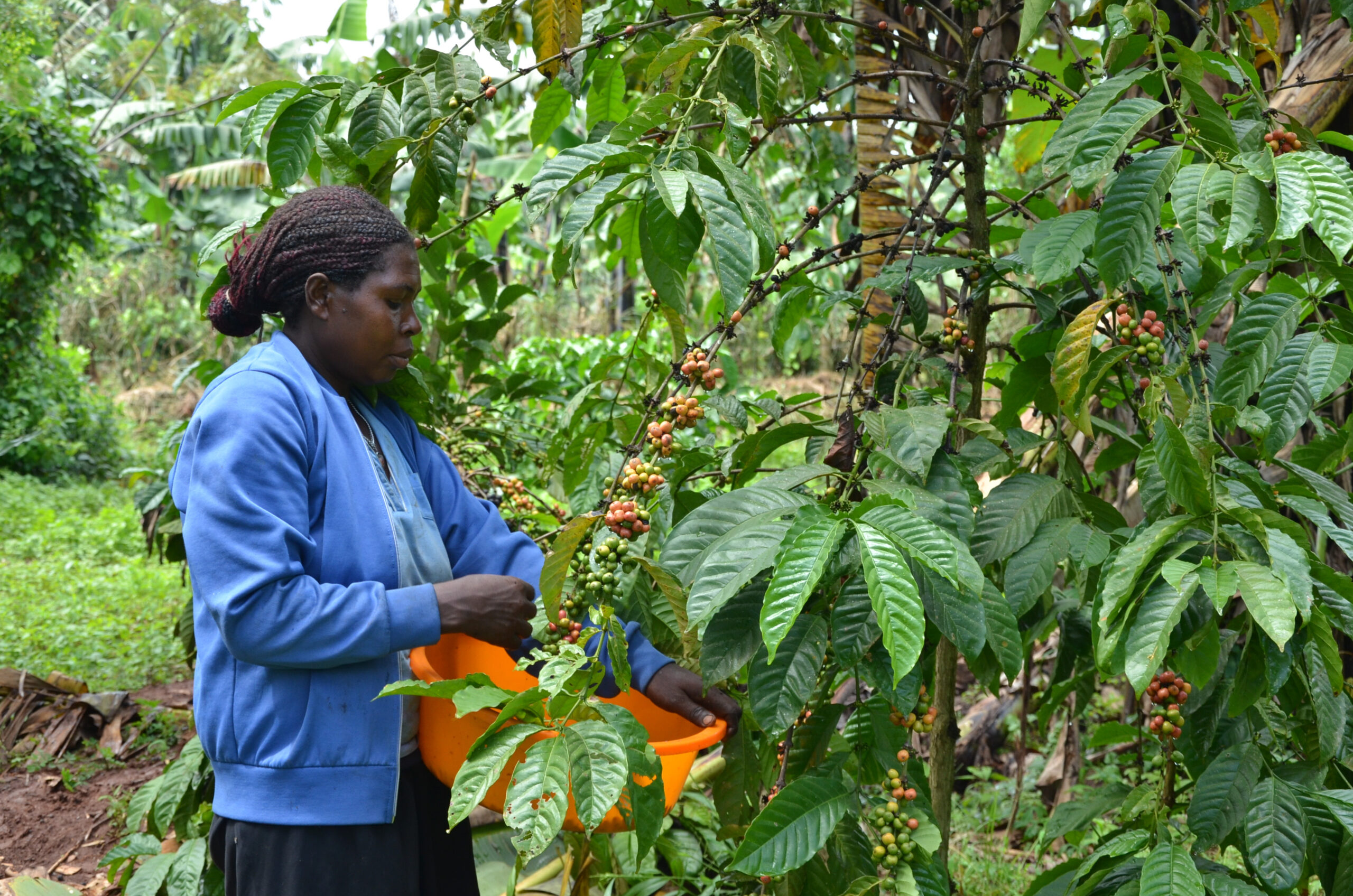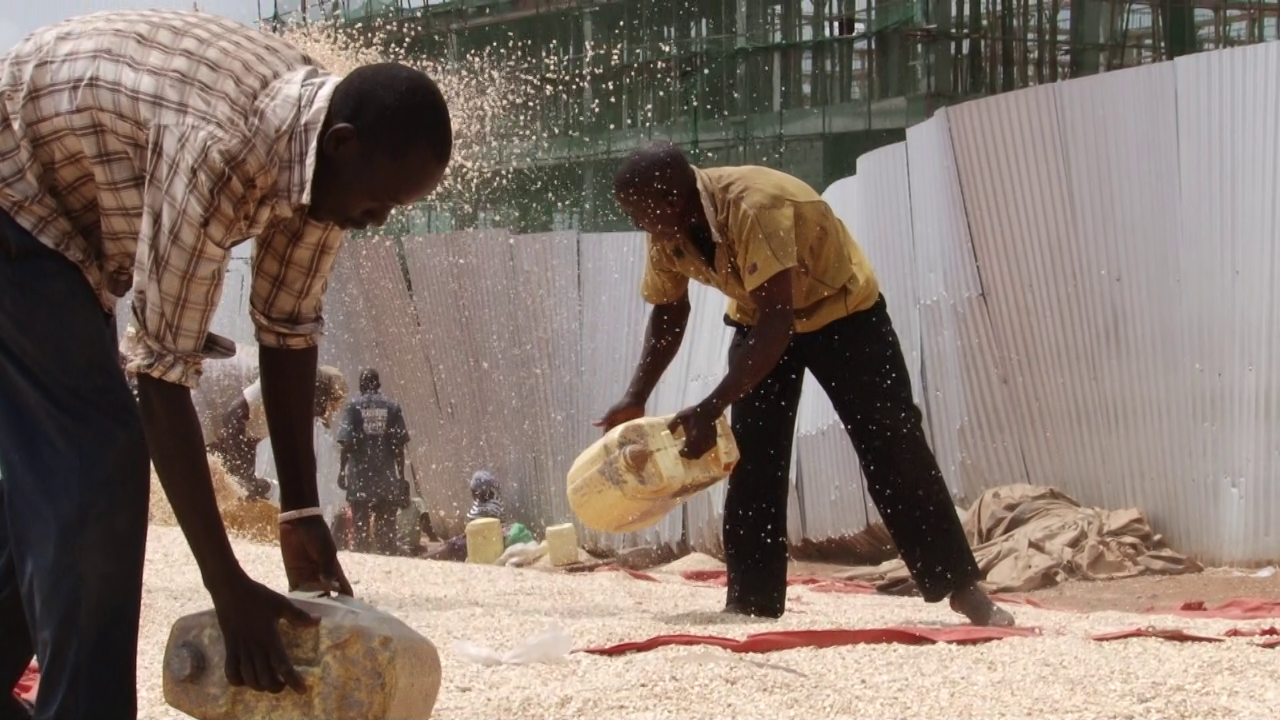Case Study
Strengthening Uganda’s Agricultural Landscape
Improving Policies. Increasing Institutional Capacity. Building Trust.
Agriculture Research, Policy. and Trade

The Challenge
Uganda’s agricultural sector – vital to its economy and citizen livelihoods – faced significant policy and institutional barriers that hindered productivity, trade, and resilience to climate change. The enabling environment was fragmented, with outdated or missing policy instruments, limited stakeholder engagement, and weak institutional capacity. Despite accounting for 24% of GDP, 56% of exports, and 71% of employment, Uganda lacked cohesive policy frameworks. Policy development was slow, exclusive, and lacked data-driven decision-making. As a result, government institutions struggled with a lack of trust from citizens and a limited ability to implement reforms or respond to climate variability.Our Solution
A Collaborative Approach to Reforming the Policy Landscape
Chemonics applied a facilitative, adaptive process for strengthening institutional capacity across government counterparts, private sector partners, and civil society organizations.
Policy Reform and Development:
- Supported the development of 80 policy instruments, including the National Agricultural Extension Policy, National Seed Policy, and National Coffee Policy.
- Simplified technical standards for maize, beans, and other products into user-friendly formats available in six local languages.
- Facilitated the enactment of 16 district ordinances to combat counterfeit inputs and improve grain quality.
Institutional Capacity Building:
- Strengthened 53 government institutions and 22 private sector and civil society organizations to contribute to policy decisions.
- Established the National Food and Agricultural Statistics System (NFASS) with a $3 million investment from the Ministry of Finance, Planning, and Economic Development.
- Trained over 3,100 government and 2,400 non-government individuals in agricultural productivity and climate adaptation.
Climate Resilience and Local Empowerment:
- Mainstreamed climate change into 38 district development plans and budgets.
- Developed a climate change handbook, community-based risk screening assessment, and other tools to support local planning.
- Disseminated weather advisories in 12 languages across 30 districts.


The Impact:
Building a Foundation for Sustainable Growth and Resilience
Over seven years, there was a significant impact on Uganda’s agricultural policy environment and institutional capacity:
- Reached 16,973 farmers, customers, and other stakeholders.
- Disseminated 202 simplified policy documents.
- Organized 318 public-private policy dialogues.
- Increased the country’s extension services budget by 290%, from UGX 10B to UGX 39B.
- Elevated to a regional grain hub for World Food Program relief supplies as a result of improved grain quality.